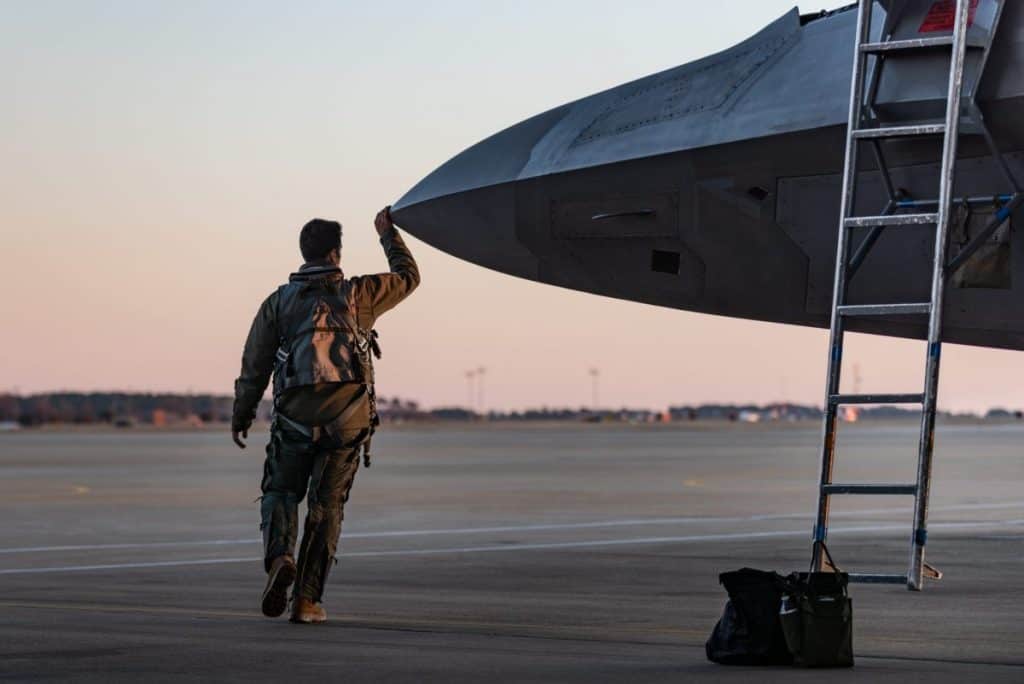Skeletons in the Closet

One of the scariest parts about applying for an airline job are those probing questions that you would rather not answer because you’re afraid the response you provide will sink your chances of getting hired. Hopefully this article will alleviate your fears because the reality is that most of these concerns exist only in your head. There are very few issues that are truly showstoppers with respect to getting hired by the airlines as long as you’re honest and upfront on your application. I will also teach you a technique for minimizing the impact of confessing your sins on the application. Hopefully, you will sleep better at night after reading this article knowing that your future as an airline pilot is still secure.
We all have them…things in our past that we are not that proud of. The application is going to ask about some of these things; there is no way around it. The key here is never lie on an airline application. Most of these sins can be forgiven (except maybe a murder conviction) as long as you disclose them on your application and can tell a good story in the interview about what you learned from the experience. What will not be forgiven, and will certainly cause you to lose the job, is if they discover that you lied about something on your application or tried to hide something.
Some examples of the type of questions that will expose skeletons in the closet include:
· Any traffic violations?
· Any failed check rides?
· Have you ever been disciplined for violating a flight rule?
· Have you ever been caught having sex in public?
Again, the key here is don’t lie, but also don’t expose something unnecessarily (e.g. “well, no, I was never caught having sex in public”).
Traffic violations are a skeleton most of us have in the closet. With the exception of a DUI/DWI, most traffic violations should be no problem. Airlineapps.com, used by Delta Air Lines and United Airlines, will ask you to list any traffic infractions including any tickets or accidents. Pilotcredentials.com, used by American Airlines, FedEx, and Southwest Airlines does not ask you to list traffic infractions but that doesn’t mean they won’t research your driving record as part of your background check.
Again, don’t sweat it too much, we were all teenagers once and therefore most of us have a few tickets and/or accidents on our driving record. This is a very forgivable sin, as long as you confess and don’t try to hide it. Even if you can’t find a ticket or accident in your driving records (some of these records are expunged after a certain number of years, it varies from state to state), go ahead and list it on your application anyway if you know about it. You might have to estimate some of the details such as date or name of state sheriff or city police agency that issued the ticket, but that’s better than not listing it and then having it show up on your background check.
Probably the most common skeleton in the closet for pilots is a check ride failure. You might be under the mistaken impression that a failed check ride will automatically eliminate your chances of getting hired. A couple check ride failures are not all that uncommon in a pilot’s aviation career. Especially if they happened earlier in your career when you had less airmanship/experience. The airlines know that and generally speaking they’re willing to give you the benefit of the doubt.
If you answer, “yes” to a check ride failure question on your application, the application should give you a place to explain the details of your failure. The key here is to take accountability regardless of what you perceive caused the check ride failure. What you don’t want to do is blame your failure on someone or something else. A comment such as “my check pilot had a reputation as being hard on new pilots in the squadron” or “the check pilot said I went below MDA but that’s because the needle on my altimeter got stuck” is a sure way to eliminate your chances of getting an interview.
Here is an example where you might be able to avoid answering yes to a check ride failure question and still keep a clean conscience. On the question of check ride failures, I had originally answered yes on my applications because I had failed my multiengine stage-check rating at Embry-Riddle Aeronautical University (ERAU) early in my aviation career. I just assumed that counted as a check ride failure. Then I attended a job fair a few months later and sat in on a presentation given by the director of pilot hiring from HR at an airline that I was targeting. He asked if anyone had any questions about the application, and so I asked if my stage-check failure constituted a check ride failure. His answer surprised me. He said that ERAU is a Part 141 school; therefore, as long as I did not receive a “pink slip” (FAA paperwork documenting a check ride failure), I did not need to answer yes on the check ride failure question on the application.







